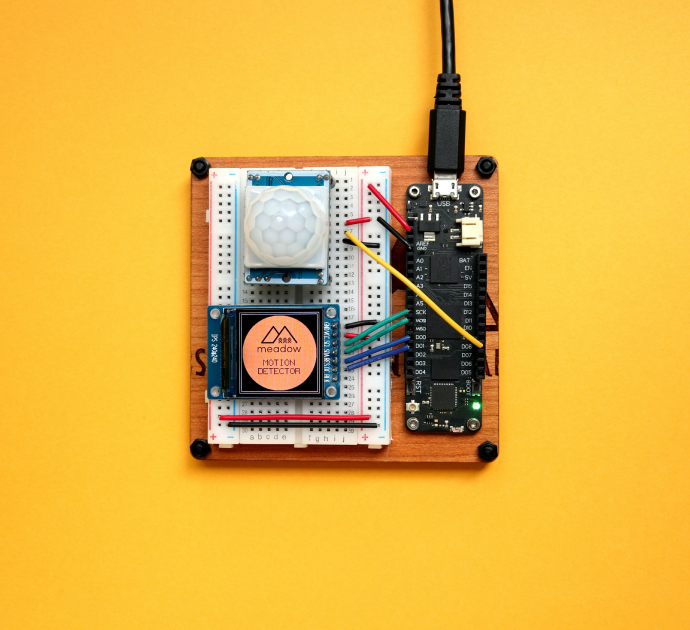Startup Fiction
Welcome to Fulcrum Blog for startups and entrepreneurs. Here we share our expertise and cases of MVP development, UX/UI design, product development and launch. All you need to know about how to bring your product to the market is here, so stay tuned.
Who Writes Here
Discovery
Read More
 Jul 22, 2022
Decide Where Your Money Would Come From: P2P Marketplace Business Models explained
Jul 22, 2022
Decide Where Your Money Would Come From: P2P Marketplace Business Models explained

 Apr 24, 2022
Using In-depth Interviews to Build a Customer Journey Map for Your Product: the Complete Guide
Apr 24, 2022
Using In-depth Interviews to Build a Customer Journey Map for Your Product: the Complete Guide

 Apr 20, 2022
How to Fill In Lean Canvas Template: the Guide to Shaping Your Startup Idea into Product
Apr 20, 2022
How to Fill In Lean Canvas Template: the Guide to Shaping Your Startup Idea into Product
Million Dollar Journey
Giddy-up for Fulcrum Rocks' newsletter where we share our journey toward $1M MRR














